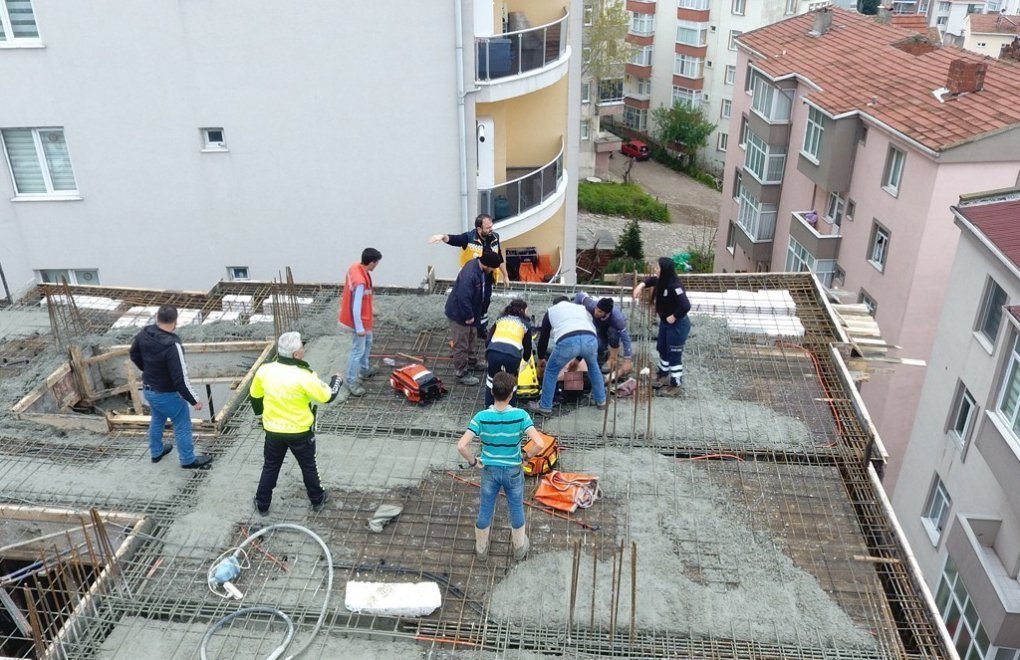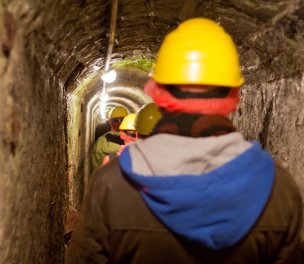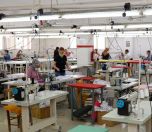Click to read the article in Turkish / Kurdish
In the first three months of 2022, at least 347 workers were killed in occupational homicides, according to the Health and Safety Labor Watch (İSİG).
120 workers were killed in January, 109 were killed in February and 118 were killed in January.
312 of the killed workers were wage workers (workers or civil servants) and 35 were working on their own behalf (farmers and shopkeepers).
Only 13 (3.74 percent) of the killed workers were union workers and 334 of them were not unionized.
In the three-month period, one child worker younger than 14 and five children/young workers aged between 15 and 17 lost their lives.
Twenty-five of the killed workers were women and 322 were men. Eighteen of them were refugee workers, including eight from Syria, two from Afghanistan, Iran and Uzbekistan each, and one from Indonesia, Pakistan, Russia and Serbia each.
As for the causes of deaths, 63 were traffic/shuttle accidents, 63 were crush/collapse, 48 were falling from a height, 48 were heart attack or brain hemorrhage, 39 were Covid, 21 were suicide, 13 were explosion or fire, 13 were poisoning or suffocating, 11 were violence, 10 were electric shock, 7 were being hit by an object, and 1 was rupture. Ten workers lost their lives because of other reasons.
Sectors and provinces
The distribution of occupational homicides to sectors in three months:
- Construction, road: 54
- Transportation: 45
- Agriculture, forestry: 33 (18 workers and 15 farmers)
- Trade, office, education, cinema: 30
- Metal: 27
- Healthcare and social services: 27
- Municipality, general: 26
- Accommodation, entertainment: 15
- Defense, security: 13
- Mining: 12
- Textiles, leather: 10
- Ship, shipyard, marine, port: 9
- Energy: 8
- Petrochemistry, rubber: 8
- Wood, paper: 5
- Food, dessert: 4
- Press, journalism: 4
- Cement, soil, glass: 2
- Banking, finance, insurance: 1
- Sector could not be determined: 15
Occupational homicides occurred in 66 of the 81 provinces of Turkey and seven countries abroad.
The cities with the highest number of deaths were İstanbul (60), Kocaeli (23), İzmir (17), Bursa (13), Ankara, Kayseri and Şanlıurfa (11), and Aydın, Denizli and Mersin (10).
The economic crisis and occupational healthFurther findings of the İSİG report: 1- In the first three months, conditions such as the economic crisis, dismissals, the weather (intense snowfall) determined the problems regarding occupational health and safety. The share of minimum wage earners reached 70 percent of all wage workers and some minimum wage earners were forced to pay some of their salaries back to their bosses. Workers were pressured to work more. On the other hand, there were hundreds of workers' protests. 2- With the weather warming in April, there may be a rapid increase in killings caused by falling from a height in the construction sector and the agricultural sector, the sectors where insecure work is the most common. 3- While Covid-19 is still widespread among workers, the number of deaths has been decreasing. However, deaths still occur among the vulnerable people in the working class, such as the elderly and those who have chronic diseases. 4- Suicides related to the economic crisis, mobbing and overworking continue. Suicides may increase due to people who can't make ends meet failing to the loans they take out from banks or loan sharks. 5- Deaths caused by heart attack and brain hemorrhage, which are related to overworking and unhealthy working continue. 6- The deaths of motorcycle couriers (included in the accommodation sector in the report) continue to increase. Meanwhile, motorcycle courier protests also continue. 7- Deaths of child workers also continue. Child labor is ignored and the necessary measures are not taken. 8- Killings of refugee workers increase in summer, in relation to the increase of deaths in the construction and agriculture sectors. Also, it should not be forgotten that most refugee workers work informally, and thus their deaths remain unrevealed. 9- In the reports, union workers make up 2 to 4 percent of all the killed workers. However, due to the fact that many union memberships are only on the paper and unions do not claim their deceased members, it is difficult to give clear information about this. |
(HA/VK)











